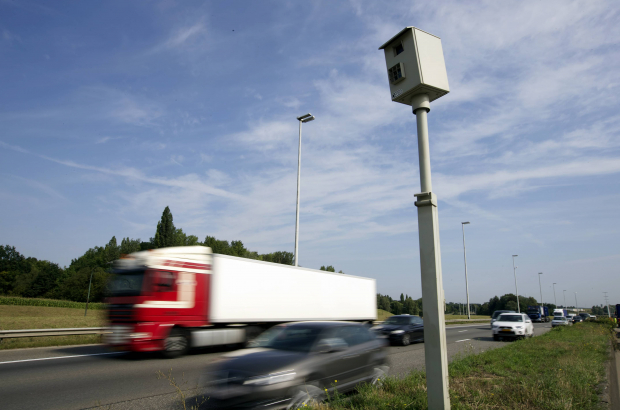- Daily & Weekly newsletters
- Buy & download The Bulletin
- Comment on our articles
Municipalities in Flanders now responsible for imposing speeding fines
In Flanders, municipalities are now responsible for imposing penalties for speeding in 30 or 50 km/h zones. The idea is to increase controls without drowning the public prosecutors under the mass of cases.
Bonheiden, a town near Mechelen with 15,000 inhabitants, is among those which have embraced the idea. It has already installed three of its own radars and, by next June, the town will have 22. The mayor explained that this is mainly to do with improving road safety but admitted the additional income from fines was also a factor in the decision.
Outside Flanders, management of speed cameras by the municipalities is less attractive. The Brussels region already operates an armada of radars. It is and wants to remain the only competent authority in this area. Wallonia has taken the same stance.
Some Walloon municipalities have nevertheless expressed a desire to take on the responsibility, but the region has refused. It prefers to finance itself those radars it deems necessary. In this way, explains Wallonia's road safety minister Valérie De Bue, management remains centralised, and prosecutors have a better overall view of the cases, particularly when it comes to the danger caused by repeat offenders. This is not possible with municipal control.
In Bonheiden, a private firm manages the section radars, those which scan a designated length of road. The firm is paid €24 for each infringement the radars record. It has asked the municipality to remove the speed bumps in all controlled areas.
This additional possibility of making a profit is a legitimate part of being a private company. But the Walloon and Brussels governments agree that this does not make sense for public authorities, especially to the detriment of security.
Outside Flanders, there will therefore be no radars supported by the municipalities, but this does not prevent the total number of devices from increasing. Brussels has announced that 60 new fixed radars will be installed over the next two years along with a number of section radars. Wallonia, which has five radars permanently active on motorways and about 20 section radars on other roads. It is in the process of installing three new ones.
Speed control is essential, the public authorities state, adding that fixed radars reduce accidents by 20% and that those that scan a section of road are three times more effective.



















